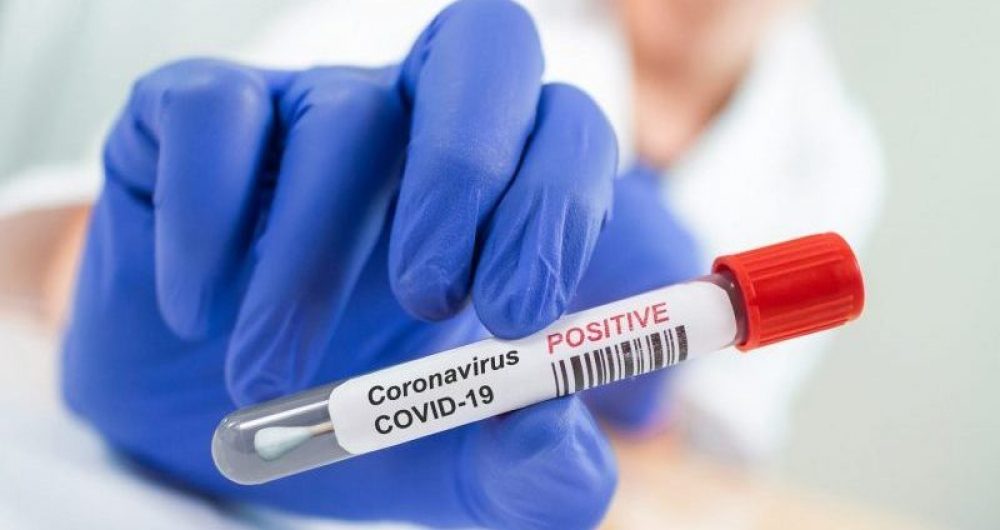Mass testing will be rolled out to primary school staff next week despite experts warning the strategy will “inevitably lead” to more Covid cases in the classroom.
Since last Monday secondary schools and colleges have been receiving swab collection kits and essential PPE in order to carry out mass asymptomatic testing.
Under the regime, staff are tested weekly and pupils and staff who are identified as close contacts of confirmed cases are tested daily for seven days in order to allow them to stay in school.
While schools have moved to partial closures since the scheme was announced it is still being used on the pupils and staff attending.
Gavin Williamson told the education select committee today he wanted to see “mass testing rolled out across all education settings” and staff testing for primary staff will get under way from January 18.
He said: “Testing is a really important part of bringing children back into school, it’s also a really important part of not just making schools as safe as possible but actually fighting against Covid right across the community because if we are testing a child, in essence we also in a position where we are testing a household as well.”
The education secretary revealed staff would be self-administering the tests at home and a pilot scheme testing primary pupils, also performed at home by parents, would be taking place.
Williamson added it would not be “appropriate or right” to ask staff to perform the test on primary age pupils.
However Professor Jon Deeks, of the Institute of Applied Health Research at the University of Birmingham, told Schools Week the testing used by schools “isn’t good enough” to inform decisions allowing close contact pupils to stay on site.
Studies conducted by Oxford University and Public Health England found the test was 76.8 per cent accurate when identifying positive cases.
But other studies have suggested the tests are less accurate – with only 40 per cent of cases detected in a Liverpool pilot study.
Deeks, along with Mike Gill, former regional director at Public Health England and Sylvia Richardson, president of the Royal Statistical Society, among others have warned negative results from the Innova tests used by schools are “too inaccurate to rule out covid” in an article for the British Medical Journal.
They write: “While mass testing with Innova will detect some of these cases, it will miss many, and falsely reassure those testing negative, if they are not properly informed of the test’s limitations.”
Furthermore Deeks told Schools Week that these negative tests could create “a false reassurance” for staff and pupils leading to relaxation in social distancing and other safety measures.
He also questioned how schools could be advised to use the tests to keep children in school when authorisation of the tests explicitly prohibited such actions.
On December 23 the Medicine and Healthcare products Regulatory Agency (MHRA) granted an application for exceptional use of the rapid test to be used by members of the public.
It states: “A negative test result means that the test has not detected the presence of the COVID-19 virus, at the time the test was taken. Anyone receiving a negative test result should continue to follow the latest guidance for their area.”
Latest government guidance states that if you have been in contact with a person who has tested positive for Covid “you must stay at home and complete 10 full days isolation”.
Gill warned the procedures schools were following are “flying in the face” of the authorisation granted.
Deeks added: “If you’re using a negative result to make a decision that’s the wrong way of using these tests completely and will inevitably lead to more cases in the classroom.
“The MHRA approved it [the test] to be used to detect cases but they have not approved it to be used as to do what they call ‘test to enable’ which is this testing to let children stay in class.”
In minutes from December the Scientific Advisory Group for Emergencies (SAGE) likewise warned that “lateral flow testing should not be seen as a way on its own of enabling high-risk activities to take place”.
When questioned why schools were allowed to act on negative results to keep children in school a spokesperson for the Department of Health and Social Care said: “We are examining how daily contact testing arrangements and repeat testing can help find people without symptoms of coronavirus and break the chains of transmission.”
MHRA has been contacted for comment.








Your thoughts